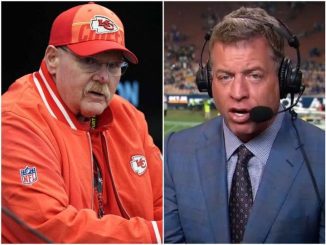Tom Hanks’ portrayal of a Trump supporter in a controversial skit during Saturday Night Live’s 50th anniversary special has sparked significant backlash among Trump supporters and conservative commentators. The skit in question, a revival of the 2014 Black Jeopardy! segment, featured Hanks reprising his role as Doug, a white, working-class Trump admirer who unexpectedly answered questions correctly, despite the quiz show being designed around Black culture and experiences.
The original Black Jeopardy! skit, which aired during the 2016 election season, was widely regarded as a clever, albeit provocative, exploration of the surprising commonalities between working-class white Trump supporters and the Black community when it came to everyday struggles, economic frustrations, and distrust of authority. However, the latest rendition of the segment took a more controversial turn, reigniting cultural and political debates.
Tension escalated in the skit when Doug hesitated to shake hands with the Black host and made a suggestion for a separate “White Jeopardy!” show. This moment, in particular, was seen by many as an attempt to highlight racial divisions and perceived prejudices among Trump voters. The skit’s satire did not sit well with some viewers, particularly conservatives, who accused SNL of perpetuating stereotypes and unfairly painting Trump supporters as racially insensitive or outright racist.
Among the most vocal critics were conservative commentator Benny Johnson and right-wing influencer Mario Nawfal, who took to social media to express their outrage. Johnson denounced the skit as an example of Hollywood’s continued bias against conservatives, while Nawfal called it a “lazy and predictable” attempt at political satire. Many Trump supporters online echoed these sentiments, branding the segment offensive, unfunny, and yet another instance of SNL mocking Middle America under the guise of comedy.
On the other hand, some viewers defended the skit, arguing that it was a satirical take on political and cultural realities rather than an outright attack on Trump voters. Supporters of SNL pointed out that the show has a long history of lampooning politicians and public figures from both sides of the aisle, and that the backlash itself was proof of the sketch’s effectiveness in sparking conversation.
As debates over political satire and media representation continue, the controversy surrounding Hanks’ portrayal of Doug highlights the ongoing cultural divide in America. Whether seen as a sharp critique or an unfair caricature, the skit has undeniably left a mark on the political discourse, reinforcing SNL’s reputation as both a comedic institution and a lightning rod for controversy.


